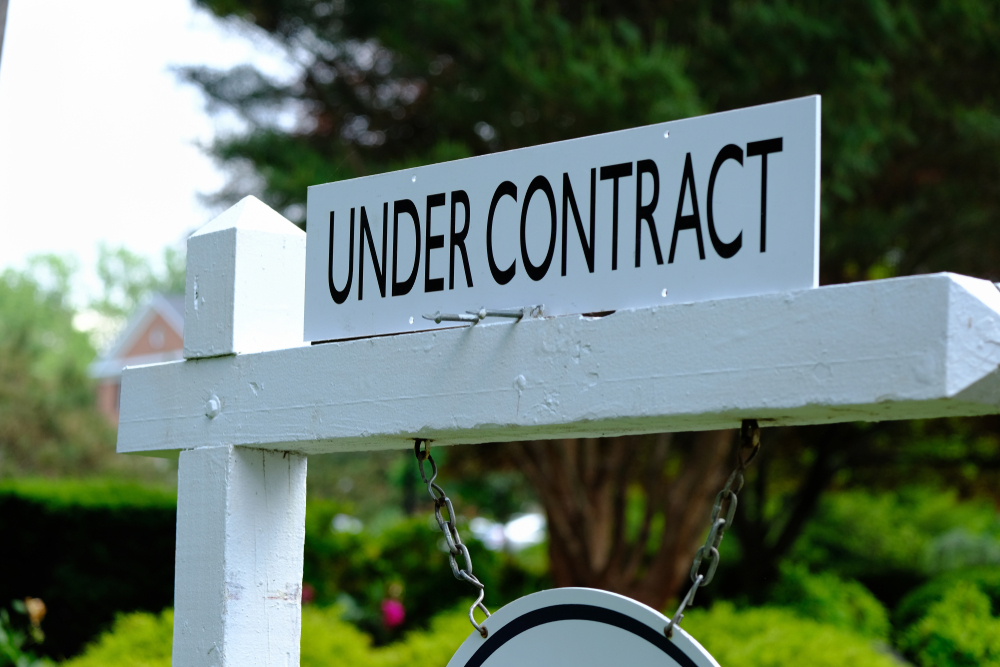
In today’s housing market, buyers are discovering that they have to act fast in order to get an offer accepted on a home. Housing inventory remains low while demand from buyers is high. When you find a home you like, it’s essential to make an offer as soon as possible to try to beat the competition. But what happens if you end up deciding you’re not interested in that home after all? Can you rescind your offer once it’s been accepted? Let’s take a closer look at this particular situation.
Reasons to back out
There are many reasons why you may decide to back out of an offer to buy a home. These include:- Your needs or personal situation has changed since you made the offer.
- The seller hasn’t responded to your offer in a timely fashion.
- You get a low appraisal on the home.
- The home inspection uncovers problems that the seller does not want to address before closing.
Backing out without ramifications
The best time to rescind your offer on a home is before a purchase agreement is signed by both the buyer and the seller. At this point, there is no legal obligation to continue with your offer. So if the seller hasn’t responded to your offer yet, you’re in the clear. Just be sure to withdraw your offer in writing.
Backing out when there is a contingency
Your real estate contract will most likely include at least one contingency. Contingencies are conditions that must be met in order for the sale to continue. Both parties agree on these contingencies and they can include an appraisal contingency, a home inspection contingency, a home sale contingency, and/or a financing contingency. In most cases, if you rescind your offer based on one or more of these agreed-upon contingencies, you can get your earnest money deposit back. Just make sure you are following the deadlines and filing addendums to your contract if you need more time to meet them.
Backing out without a contingency
Things get sticky when you want to rescind your offer without a contingency. In these cases, you will most likely lose your earnest money deposit. That can be anywhere from 1 - 3 percent of the purchase price -- or more. When you pay the earnest money deposit, it’s basically a guarantee that you will follow through with the purchase. If you don’t hold up your end of the bargain by buying the home, then the seller is legally allowed to keep your deposit. After all, they took their home off the market in good faith and will now have to deal with putting the home back on the market.
How to avoid the situation
Nobody wants to deal with the uncomfortable experience of pulling their accepted offer on a home. That’s why it’s essential to know what you’re looking for in a home before you begin your search. By defining what you want and need -- and determining how much you have to spend -- you’ll know right away when you’ve found the home you’ve been looking for.
Compliments of Virtual Results